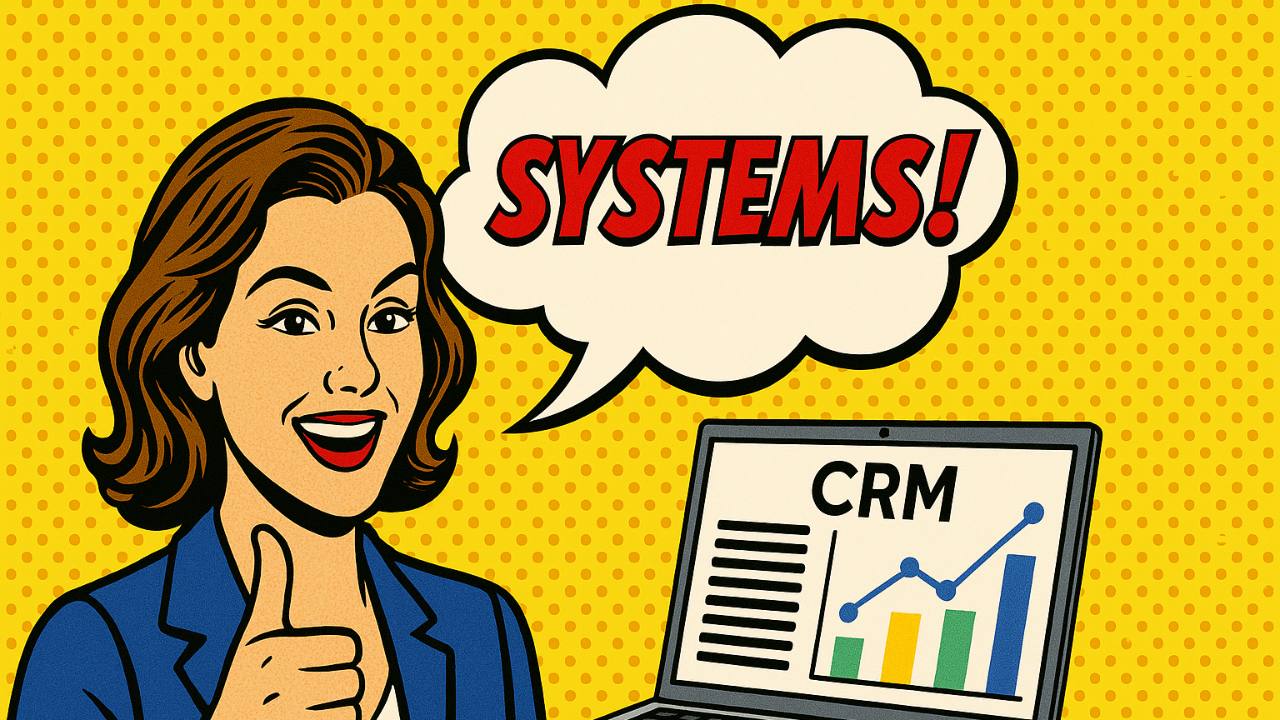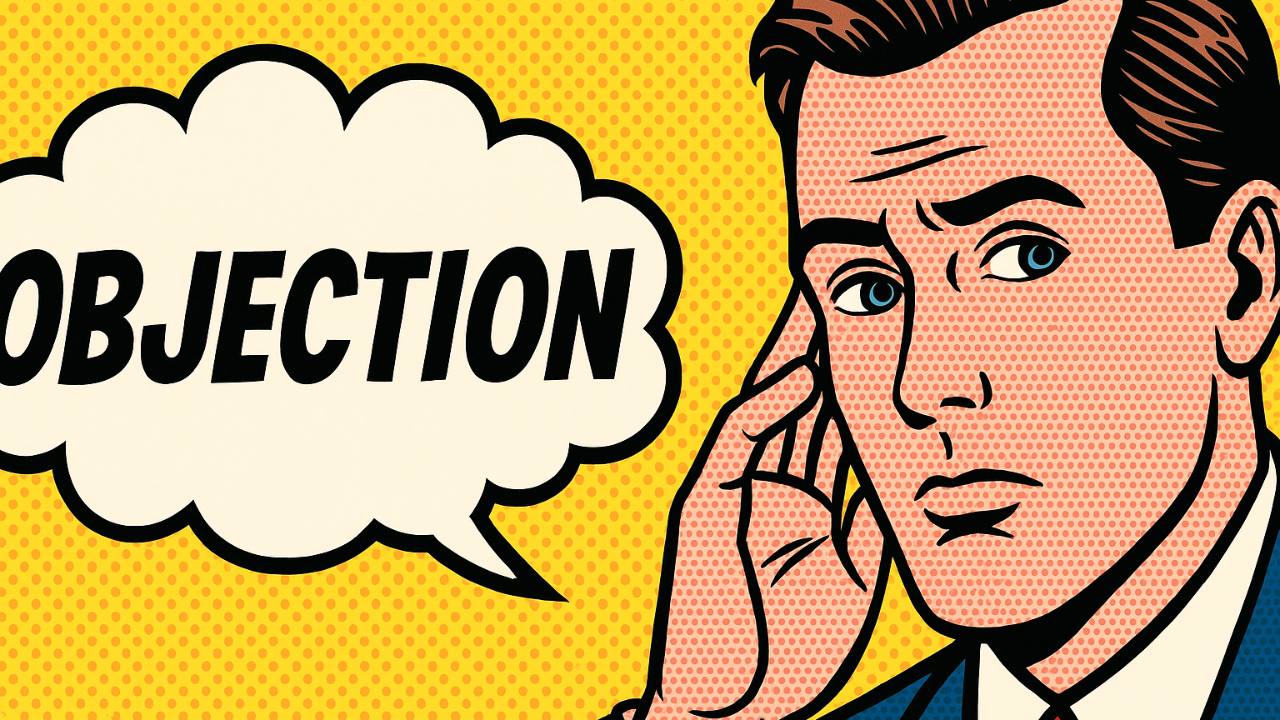Mastering Scripts, Dialogues, and Objection Handling for Real Estate Agents

By Mark Hughes | Real Estate Agent Roadmap
In sales, words aren’t just tools—they’re levers. The way an agent communicates in buyer or seller consultations can mean the difference between gaining trust and losing the lead, between guiding the client through objections with ease and running face-first into resistance.
That’s why in the Consult Mindset of the Real Estate Agent Roadmap, the Communication Skillset is foundational. And at the heart of great communication lies one essential craft: the ability to deliver scripts, dialogues, and objection handling with clarity, confidence, and care.
The Consult Mindset: From Selling to Guiding
In the Real Estate Agent Roadmap, the Consult mindset replaces the tired image of the “salesy” agent with that of a trusted advisor. Agents aren’t closing deals—they’re opening relationships.
To do that well, you need to:
-
Understand your client’s needs deeply
-
Ask strategic, open-ended questions
-
Use language that opens minds, not shuts down decisions
-
Skillfully guide clients through objections with emotional intelligence
That’s where scripts, dialogues, and objection handling strategies shine.
The Communication Skillset: Three Pillars
Let’s structure this around three main categories of powerful communication:
-
Scripts That Open the Door
-
Dialogues That Build Trust
-
Objection Handling That Converts Resistance into Readiness
PART 1: Scripts That Open the Door
These aren’t robotic lines to recite—they’re conversational “magic phrases” that unlock deeper dialogue and move the conversation forward. Phil Jones calls them “trigger phrases”—words that lower resistance and increase agreement.
High-Impact Phrases for Agents:
-
“I’m not sure if it’s for you, but…”
→ Disarms defenses by removing pressure.
“I’m not sure if this home is right for you, but the backyard checks every box you mentioned for entertaining.”
-
“Most people in your situation…”
→ Builds social proof and reassurance.
“Most people in your situation—downsizing from a family home—feel overwhelmed until they see how we simplify the process.”
-
“How open-minded would you be…”
→ Asks for permission to challenge their thinking.
“How open-minded would you be to touring a few homes slightly outside your current search radius?”
-
“What do you know about…”
→ Surfaces assumptions and gaps in knowledge.
“What do you know about the pre-approval process with local lenders?”
-
“If I could… would you?”
→ Classic close that trades value.
“If I could sell your home in under 21 days at the price you want, would you be ready to move forward?”
These are best delivered organically—blended into conversations where the agent is actively listening, not dominating.
PART 2: Dialogues That Build Trust
Scripts should serve as training wheels—not crutches. The goal is real conversation with structure. Here’s how that works with both buyer and seller clients:
Buyer Consultation Dialogue
Objective: Uncover motivation, timeline, expectations, and lock in commitment.
Agent:
“Tell me what’s prompting your move right now?” (Motivation)
“What does your ideal home look like—and how will it support your life?” (Emotion + Lifestyle)
“Have you spoken to a lender yet, or would you like a few great local recommendations?” (Qualification)
“On a scale of 1 to 10, how ready are you to move forward if we find the right home this week?” (Timeline & urgency)
Dialogue Pivot:
“If I could show you a home that checks all your boxes and is slightly below your max budget, would that be worth a look?” (Closes the loop + motivates action)
Seller Consultation Dialogue
Objective: Clarify price expectations, marketing strategy, and the agent’s value proposition.
Agent:
“How soon are you hoping to be out of this home, ideally?”
“What’s your number? And where did that number come from?” (Let them tell you their price—then anchor reality)
“Are you familiar with how online buyers view pricing today?” (Set up pricing psychology)
Scripted Pivot:
“What I do differently is not just list homes—I position them for maximum interest and competition. Would it be okay if I walked you through how that works?”
Add-On:
“When you hire me, I don’t just post a sign—I roll out a campaign. Would it be okay if I showed you the 7 steps that sell homes for more money?”
PART 3: Objection Handling That Converts Resistance into Readiness
Rule #1: Don’t argue. Understand.
Rule #2: Objections are usually either a request for more information, a hidden fear, or a disguised stall.
Here’s a top-shelf objection-handling framework, pulling from all three sources:
The 3-Step Objection Handling Formula:
-
Acknowledge and Align
“That makes perfect sense.”
“I hear that a lot.”
“You’re not the only one who’s thinking that.”
-
Ask a Clarifying Question
“Can I ask what’s behind that concern?”
“What part of that worries you most?”
“What would need to happen to make you feel more comfortable?”
-
Educate and Redirect with Confidence
“Here’s what most of my clients do in that situation…”
“Would it help if I walked you through how we’ve handled that with other clients?”
Common Buyer Objections & Responses
Objection: “We don’t want to make an offer until we’ve seen more homes.”
Response:
“That makes sense. But in today’s market, great homes don’t wait. Would it be helpful if I showed you how we can submit a flexible offer that protects your position while keeping your options open?”
Objection: “We want to wait for prices to drop.”
Response:
“Totally get it. Let me ask: are you looking to time the market—or time your life? Because the best deals usually go to buyers who act when others hesitate.”
Common Seller Objections & Responses
Objection: “We want to price it high and see what happens.”
Response:
“That’s a common strategy, but it can backfire. Would it be okay if I showed you how overpriced listings often end up selling for less after price cuts?”
Objection: “We’ll list in the spring when it’s a better market.”
Response:
“Spring does bring more buyers—but it also brings more competition. Right now, your home could stand out. Want me to show you what’s happening locally this week?”
Final Thoughts: Mindset First, Skillset Second, Scripts Last
Great agents don’t recite scripts—they use them to anchor better conversations. Scripts should never sound like scripts. They should sound like someone who has done this a hundred times and knows exactly how to help.
So remember:
-
Communication is your most leveraged skill as a real estate consultant.
-
Confidence comes from knowing what to say before you need to say it.
-
Objections are invitations to lead—not obstacles to avoid.
When you master the communication skillset of the Consult mindset, you shift from being just another agent… to becoming the trusted voice in the chaos of decision-making.
Closing Line
Confidence is contagious—but so is hesitation. Agents who master the mindset of Consultation and the skillset of Communication won’t just close more deals—they’ll build a reputation that speaks for itself.
Mindset:
"The most difficult thing is the decision to act, the rest is merely tenacity."
- Amelia Earhart
Mastery This Week:

Negotiation is at the heart of every real estate transaction. As a real estate professional, your ability to negotiate effectively determines the success of deals, your clients' satisfaction, and your overall reputation. To stand out in a competitive market, mastering advanced negotiation techniques is essential. These strategies help you create win-win outcomes, where both buyers and sellers walk away satisfied, ensuring long-term success and repeat business.
In this blog, we’ll dive into key advanced negotiation strategies that real estate agents can apply to foster collaboration, build trust, and close more deals.

Follow me on: Instagram | Facebook | and LinkedIn
[email protected] | 818-480-2864
📌 Seven Gables Agent Roadmap Learn More
📌 The Real Estate Agent Roadmap 12-Months To Mastery 🚀




Responses